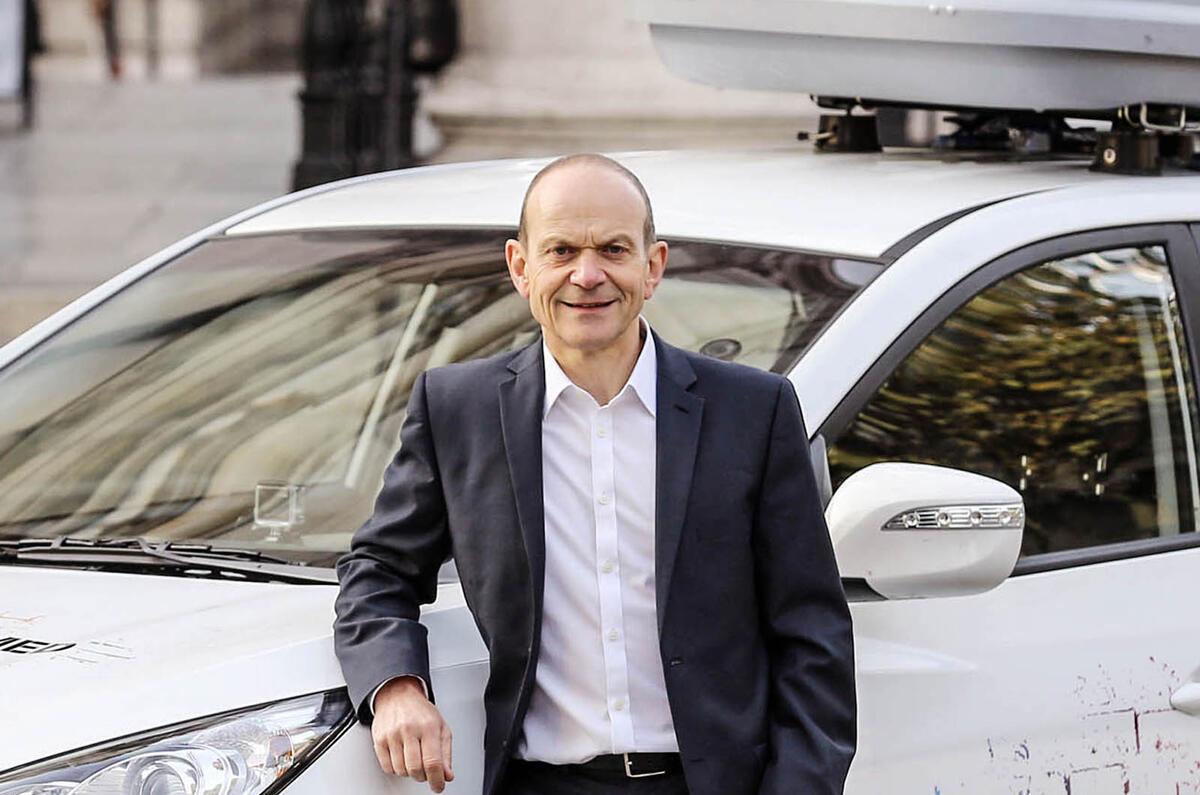The way cars are bought and sold is on the cusp of a dramatic change, according to Hyundai UK boss Tony Whitehorn.
Predicting the rise of internet sales, home deliveries, more, better-targeted finance options and the end of haggling, Whitehorn said the established methods of car purchasing and selling “had to change” and that “buying a car from your living room must become a reality because it is what customers want”.
However, Whitehorn stopped short of predicting the end of the traditional dealership. He said “they will always be our shop front and the venues that represent our image and standards to the public” and predicted that “a large number of buyers will always want interaction with a human being and the reassurance of having a physical place to go is something goes wrong”.
Read Autocar's review of the new Hyundai i20
However, Whitehorn said the growth of internet sales and marketing was inevitable, based on the evidence of the Hyundai Rockar dealerships in Bluewater and Westfield shopping centres. These dealerships sit alongside traditional shops and offer test drives and servicing but also allow the customer to order their car online with a no-haggle policy.
“Rockar is teaching us so much about how customers shop on the internet - and from the trends, we can see and understand the big changes that are coming,” said Whitehorn.
Whitehorn revealed the Bluewater dealership sold more than 700 cars last year, with the average age of a customer being 39, compared with an industry average of 51. He also revealed that 56% of buyers were female, again far higher than the industry average. Of those who placed an order over the internet, 51% bought their car between 7pm and 10pm.
“Those figures are transformational,” said Whitehorn. “We are on a journey, but what it tells us is that we are opening up new ways of selling cars, and as an industry, no matter how strong the allure of sticking to old, successful principles, we can’t resist that.”
While Rockar stores are allowed to discount stock, they do not offer the opportunity to haggle. In addition, staff are paid a flat salary rather than being incentivised to make sales.
“Again, these things are the start of a wider trend,” said Whitehorn. “If someone is paid to help rather than sell, the customer experience is that much better. Transparent pricing goes hand in hand with that. Internet sales will only work if we have one price and stick to it, and while that may take years to achieve, it is inevitable if we want a sustainable business.”





Join the debate
Add your comment
I think he's wrong, or at least guilty of wishful thinking.
Youth...
Virtual reality test drive
I feel Jim isn't being strategic enough autonomous vehicles turn car ownership on it's head. I was surprised not to read on this site that Google released this today "Google's self-driving car system could soon be given the same legal definition as a human driver, paving the way for vehicles without steering wheels or pedals."